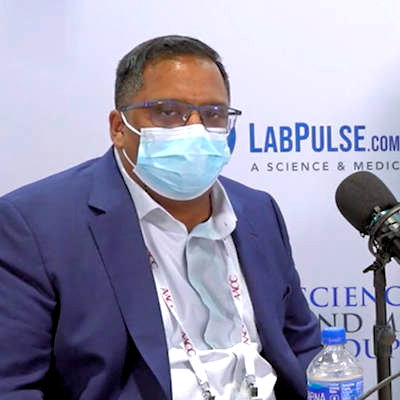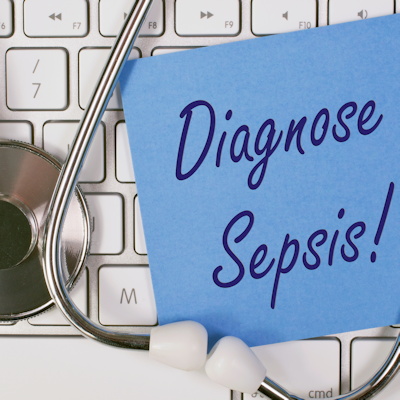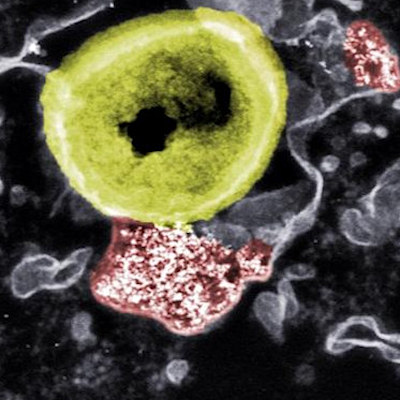February 2, 2023 -- A new study found that people hospitalized for sepsis or who developed it while hospitalized were at greater risk for heart failure, rehospitalization for any cause, or death within 12 years than hospitalized patients who did not have sepsis. The research, published February 1 in the Journal of the American Heart Association, points to the potential value of implementing cardiovascular prevention strategies following hospitalization with sepsis.
Each year about 1.7 million people in the U.S. develop sepsis, an extreme immune response to a bloodstream infection that can spread throughout the body, leading to organ failure. A leading cause of hospitalization and death worldwide, sepsis may trigger heart attacks and predispose patients to other cardiovascular events.
Researchers sought to analyze the association between hospitalization with sepsis, rehospitalization, and death among adults between the ages of 19 and 87. Utilizing a database containing administrative claims data, they identified more than 2 million U.S. insurance enrollees who survived a nonsurgical hospitalization of two or more nights between 2009 and 2019. Of these patients, they identified more than 800,000 who had sepsis during hospitalization.
Because variations in sepsis diagnoses and documentation may affect outcomes, researchers included either of two standard sepsis diagnosis codes: explicit sepsis, a formal physician diagnosis; and implicit sepsis, given automatically to patients with both infection and organ failure. They compared 808,673 hospitalized patients who had sepsis to 1,449,821 hospitalized patients without sepsis but who had cardiovascular disease or at least one cardiovascular disease risk factor -- older age, hypertension, hyperlipidemia, type 2 diabetes, chronic kidney disease, obesity, or smoking.
Analysis revealed that after hospital discharge, people hospitalized for sepsis or who developed it while hospitalized had a 38% higher risk of rehospitalization for all causes and a 43% higher risk of rehospitalization for cardiovascular causes than hospital patients without sepsis. In addition, the risk of developing heart failure after hospital discharge was 51% higher among people who had sepsis while hospitalized compared to those who did not. Finally, people who had sepsis while hospitalized also had a 27% higher risk of death after hospital discharge than those without sepsis.
Since this retrospective cohort study used past records gathered through hospital administration, the researchers were limited by lack of information on sepsis severity. They plan to continue evaluating new data on hospital patients who have had sepsis in order to assess their needs for cardiovascular prevention therapies. They consider their findings an important opportunity to establish the best course of action for people who have had sepsis.
"Professionals need to be aware that people who have previously had sepsis are at very high risk for cardiovascular events, and that it may be necessary to advise them to increase the intensity of their cardiovascular prevention," noted Mayo Clinic assistant professor and lead author Dr. Jacob Jentzer in a statement.
Copyright © 2023 scienceboard.net













